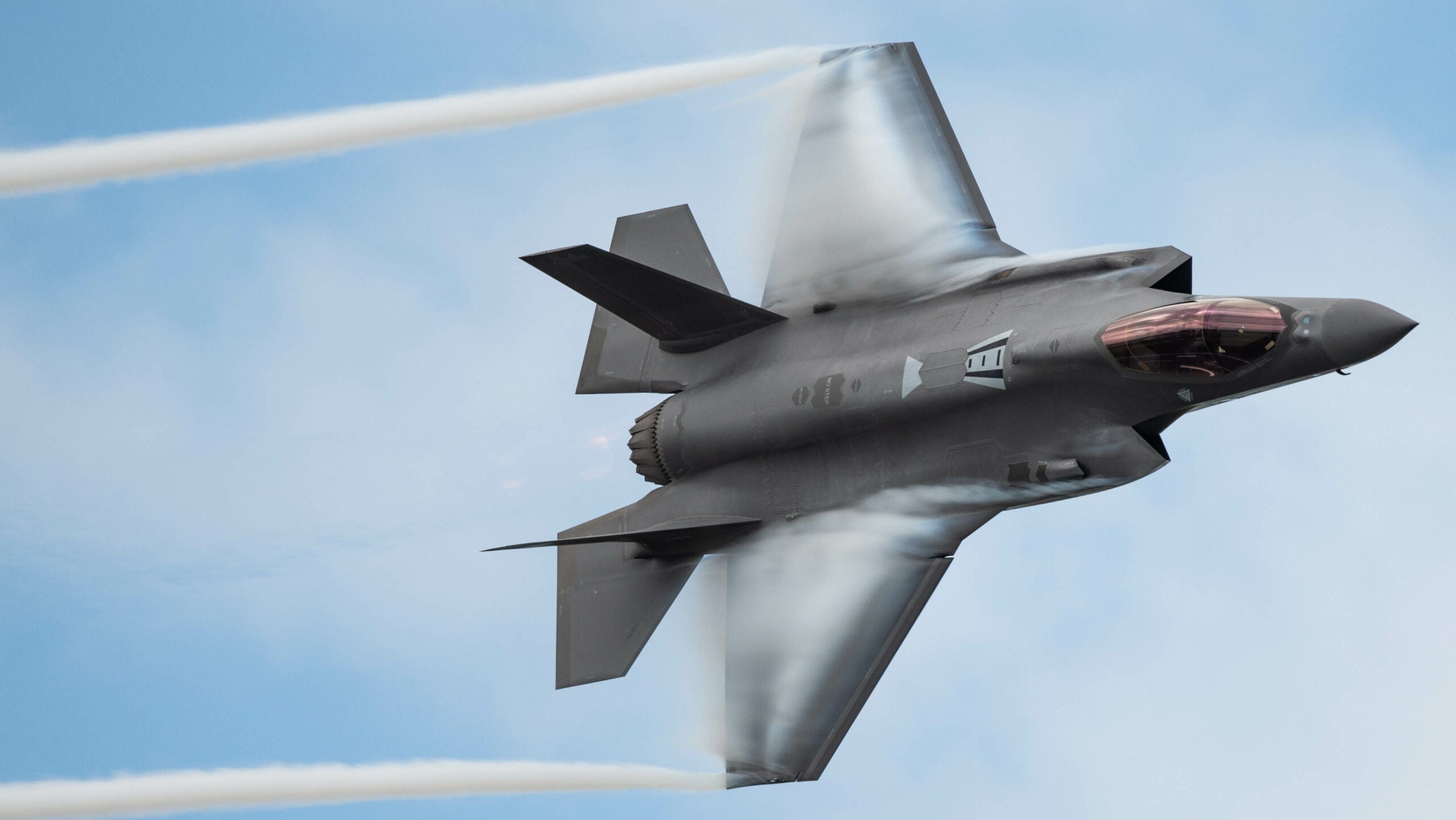President Donald Trump’s administration has informed Congress that it plans to sell the United Arab Emirates 50 F-35 stealth fighters. Backed by the U.S. State Department, the proposed deal still faces significant hurdles, largely stemming from concerns about how it might affect Israel’s so-called “qualitative military edge” in the Middle East. There has already been some pushback from legislators to this latest announcement and representatives of Democratic presidential candidate Joe Biden’s campaign have also voiced hesitation over how they might handle the deal. Americans go to the polls next week to choose the next President of the United States.
New details of the plan to sell the Joint Strike Fighter to the United Arab Emirates (UAE) emerged today, with Global Defence Technology magazine’s Harry Lye being among the first to confirm them. If the deal goes through, the UAE would become only the second country in the region to receive the F-35, after Israel.
Talk of an F-35 sale to the UAE is not new, and The War Zone reported on it back in 2017, but the prospect of it happening was given a major boost by the normalization of relations between the UAE and Israel earlier this year. According to Defense News, the 20-aircraft deal could be worth $10.4 billion.
In August 2020, President Trump said of the UAE: “They have the money and they would like to order quite a few F-35s.” However, as we discussed at that time, the transfer of such high-end equipment to the UAE has already been met with serious opposition from both Israeli officials and now also the U.S. Congress.
“This technology would significantly change the military balance in the Gulf and affect Israel’s military edge,” Global Defence Technology’s Lye quoted the U.S. House Foreign Affairs Committee as saying in response to today’s news, reiterating these concerns. “The F-35 Joint Strike Fighter is a game-changing stealth platform boasting advanced strike capability and unique sensor technology. The export of this aircraft requires very careful consideration and Congress must analyze all of the ramifications. Rushing these sales is not in anyone’s interest.”
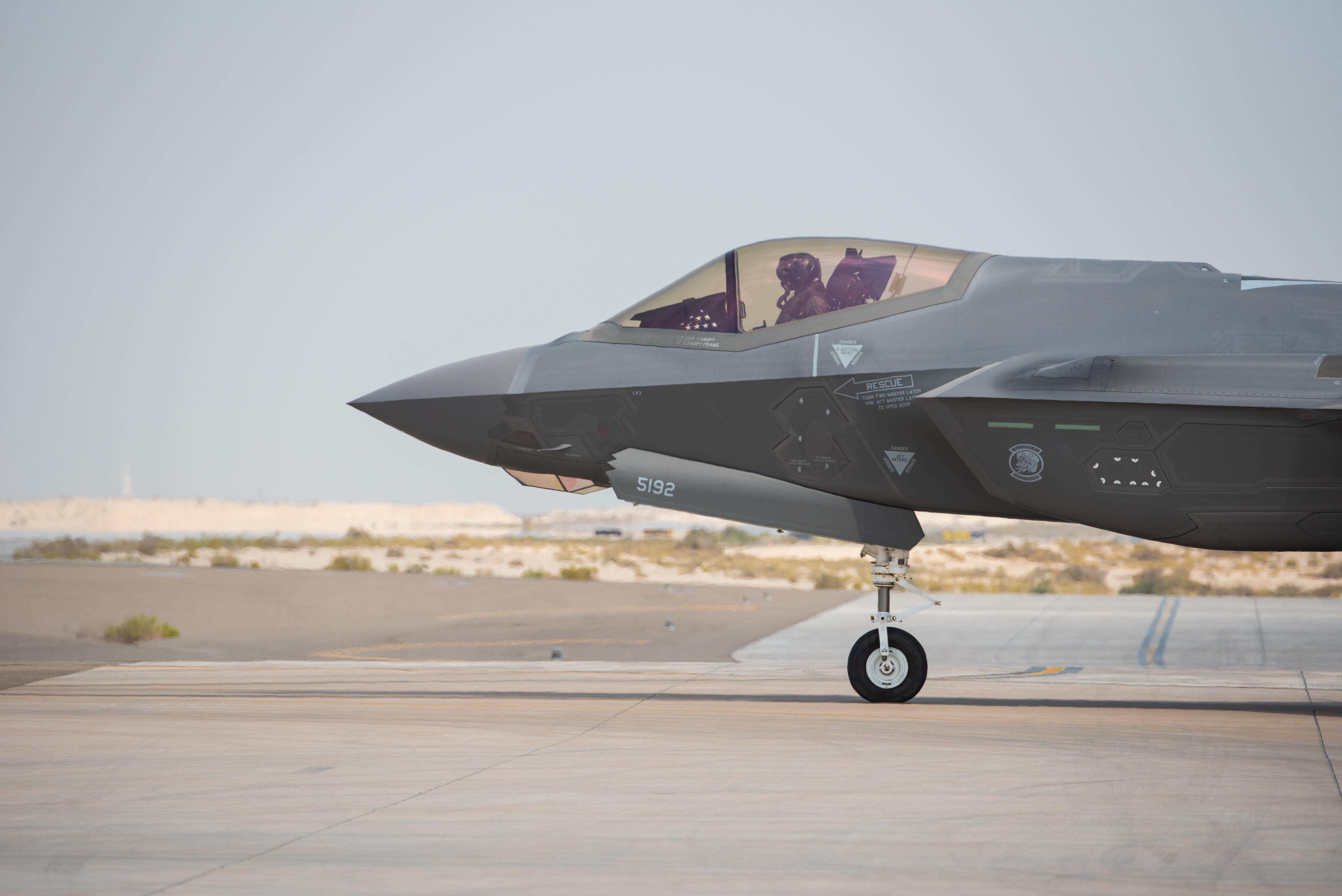
“Israel currently has exclusive access in the region to the F-35, which has guaranteed its military edge over the last several years,” said Democratic Congressman Eliot Engel, again quoted by Harry Lye. “As Congress reviews this sale, it must be clear that changes to the status quo will not put Israel’s military advantage at risk.”
The qualitative military edge (QME) mentioned by Congressman Engel is the key to whether the sale of the stealth fighters to the UAE will eventually be signed off. U.S. law ensures that Israel must retain a military advantage over its neighbors, although how the QME is preserved remains open to interpretation.
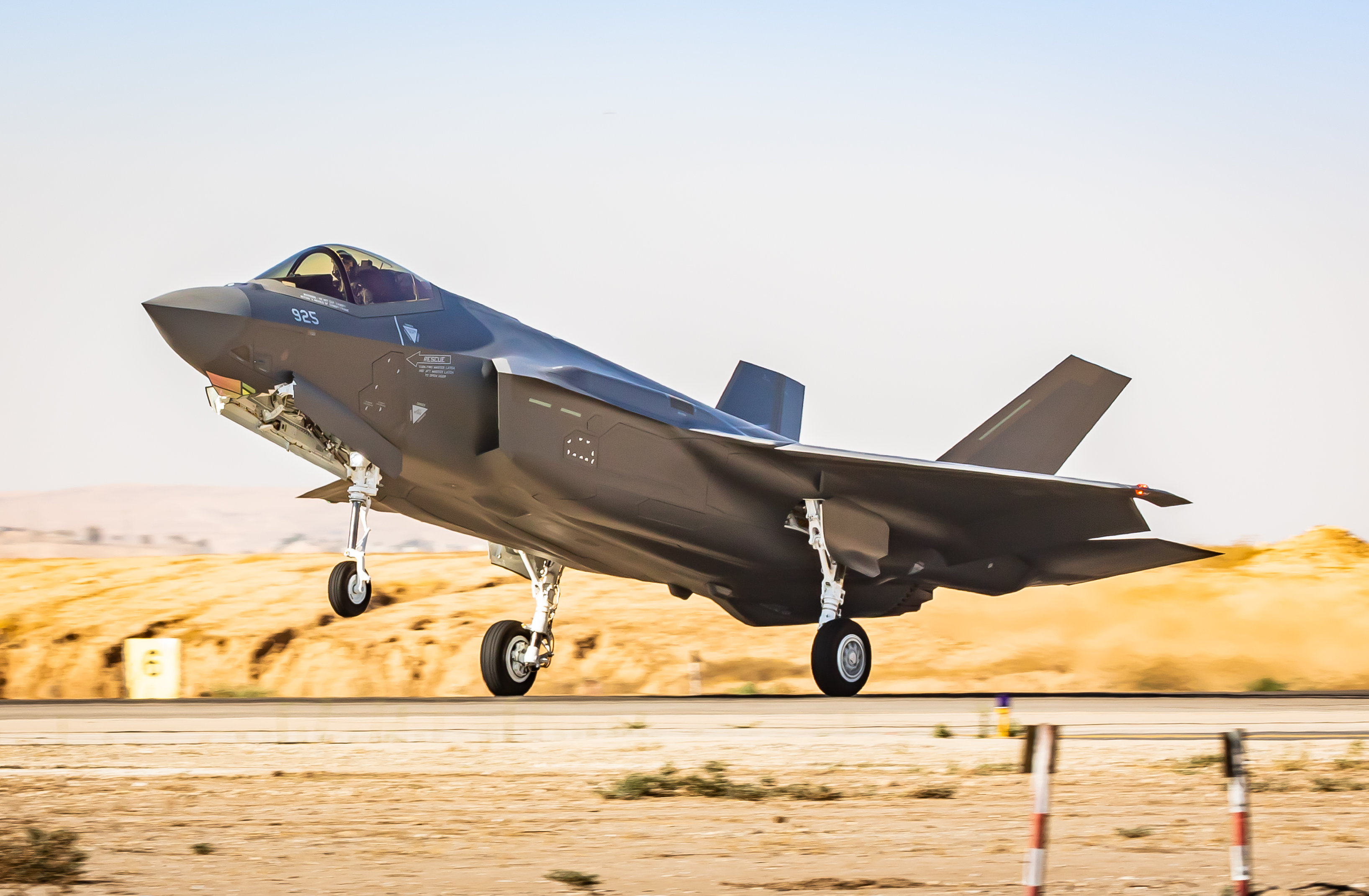
A day before the latest announcement, Anthony Blinken, a foreign policy adviser to Biden, also said that the Candidate’s camp had “concerns about what commitments may or may not have been made to the UAE with regard to the F-35.” Blinken reiterated that, under President Barack Obama’s administration, during which time Biden was Vice President, the F-35 had only been made available to Israel within the region, in order to preserve its QME.
“Reports that the [Trump] administration has committed to provide these planes to the UAE is something we would look at very, very carefully, and make sure that the QME is preserved and also very important that Congress play a role,” Blinken added.
While the plan may still face Congressional pressure, it seems that the Israeli position may have softened in recent weeks.
Ahead of the UAE F-35 announcement, Israeli Prime Minister Binyamin Netanyahu and Minister of Defense Benny Gantz issued a joint statement suggesting that Israel would not necessarily stand in the way of such a deal.
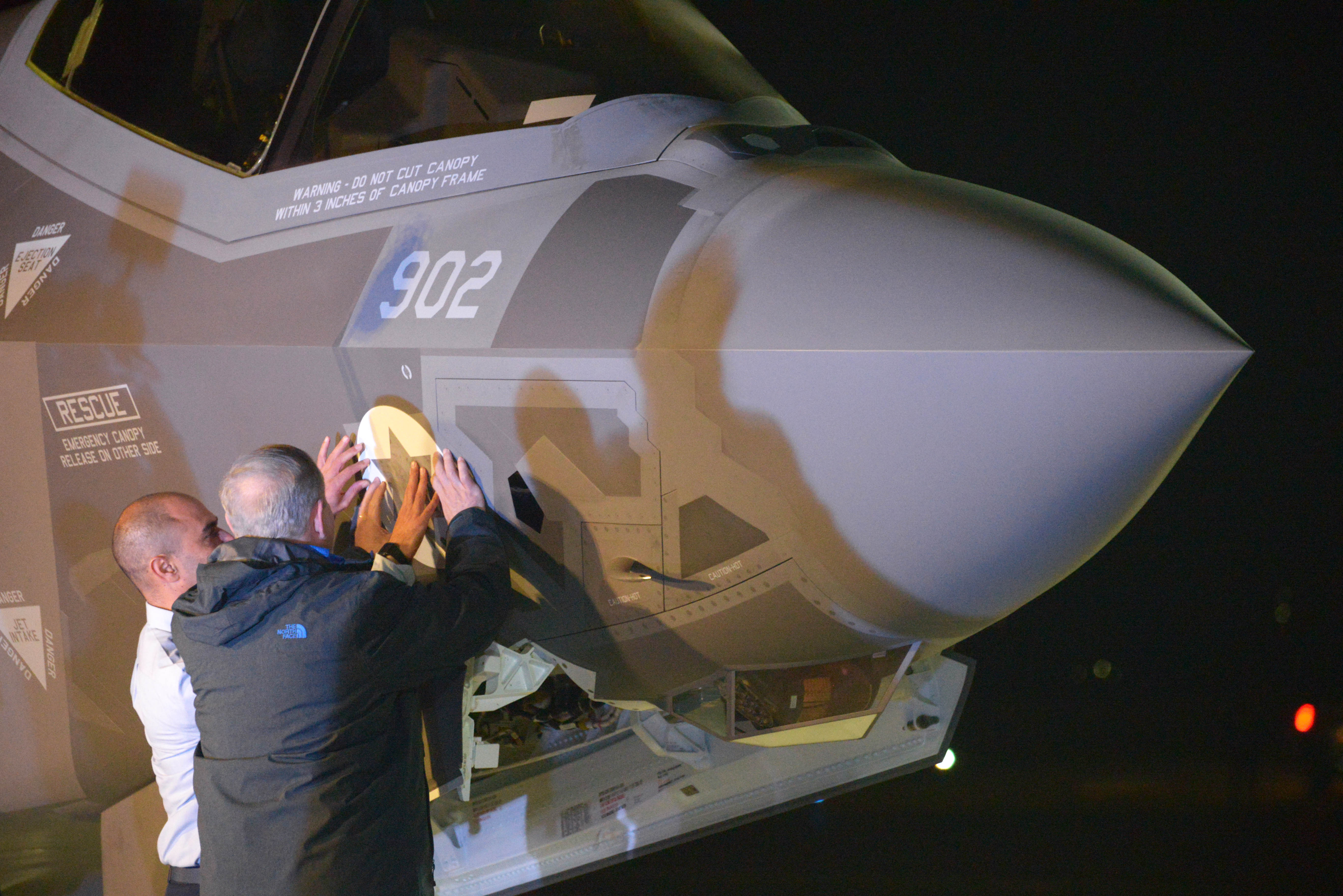
“The Prime Minister and the Defense Minister both agree that since the U.S. is upgrading Israel’s military capability and maintaining Israel’s qualitative military edge, Israel will not oppose the sale of these systems to the UAE,” the statement read.
This followed a visit by Ganz to Washington, during which he signed a deal with U.S. Secretary of Defense Mark Esper about U.S. willingness to preserve Israel’s QME for the next four years at least. The talks apparently included potential arms deals covering more fighter jets, likely F-35s and/or F-15 Eagles, as well as V-22 Osprey tiltrotor transports, which have long been on Israel’s shopping list
In recent weeks there have been other, seemingly bizarre reports concerning possible U.S. arms sales to Israel, perhaps as a means of ensuring its QME. These included talk of a sale of F-22 Raptor stealth fighter jets, although that is nearly impossible as the production line for that stealth jet has long since closed, and restarting it would be prohibitively expensive.
Some American lawmakers are also talking about proposing legislation that would allow Israel to buy the Massive Ordnance Penetrator (MOP) “bunker-buster.” However, the Israeli military has no suitable aircraft to carry this huge weapon.
The United States could potentially ally some of Israel’s concerns through various export control mechanisms, including special limits on the infrastructure surrounding the F-35, an option that The War Zone examined in this previous article.
The UAE Air Force and Air Defence is already well equipped with comparatively modern non-stealthy fighters, comprising 77 F-16E/F Block 60 Desert Falcons and 62 Dassault Mirage 2000-9s.
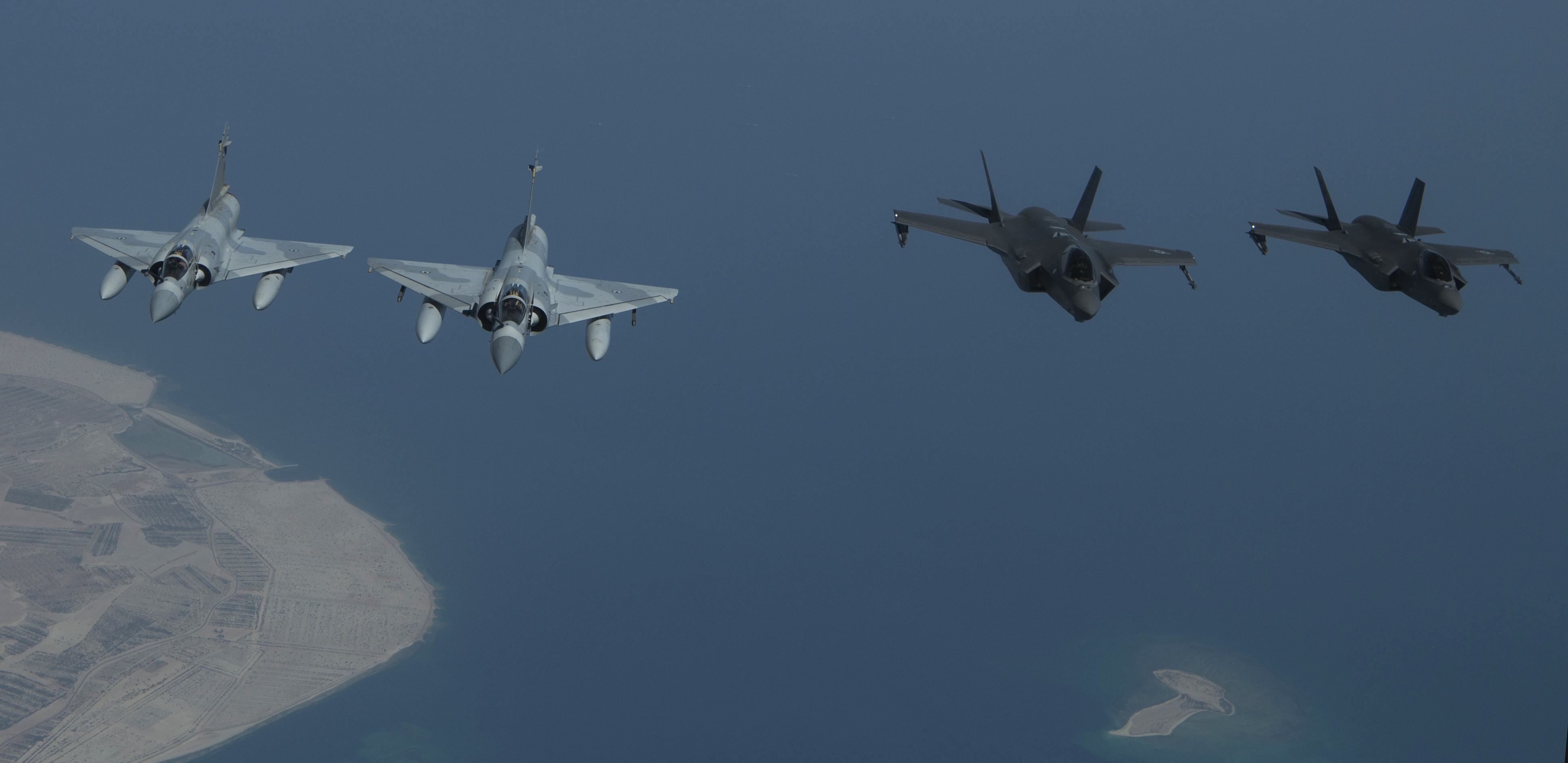
In the past, the UAE examined options for the purchase of around 60 new fighters, including the Dassault Rafale and Eurofighter Typhoon, while Russia offered the Sukhoi Su-35. No decision was made and, in the meantime, other air forces in the region — among them Bahrain, Oman, and Qatar — have all placed multi-billion-dollar orders for new fighters.
With Israel apparently increasingly willing to tolerate the sale of F-35s to the UAE the Trump administration and the U.S. State Department will now have to wait for the outcome of the presidential election to see what happens next. Should Trump win another term in office, it already looks like the proposed sale will face plenty of opposition from the U.S. Congress.
Contact the author: thomas@thedrive.com
